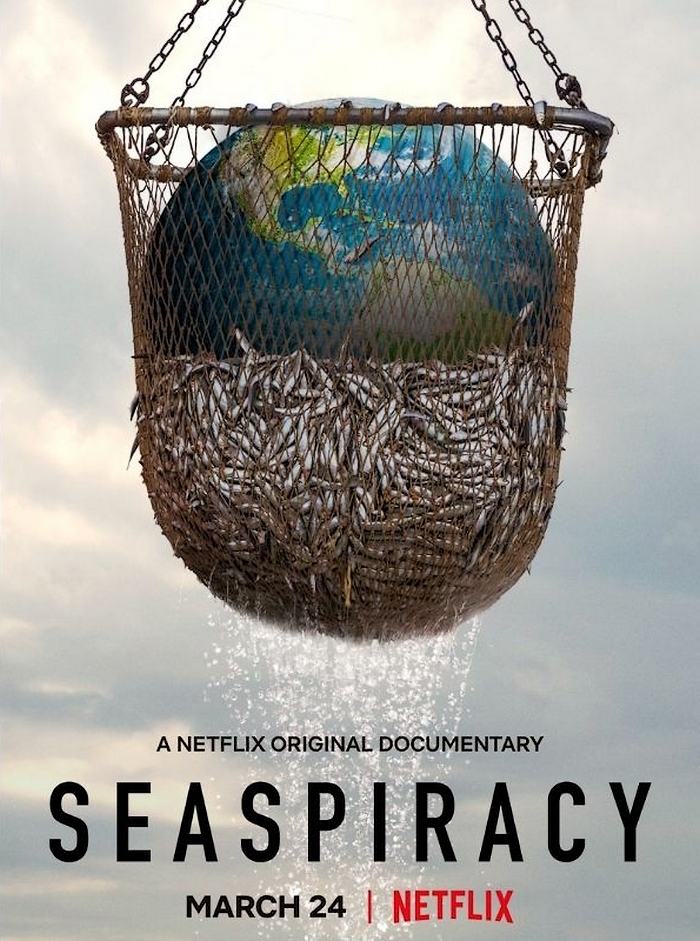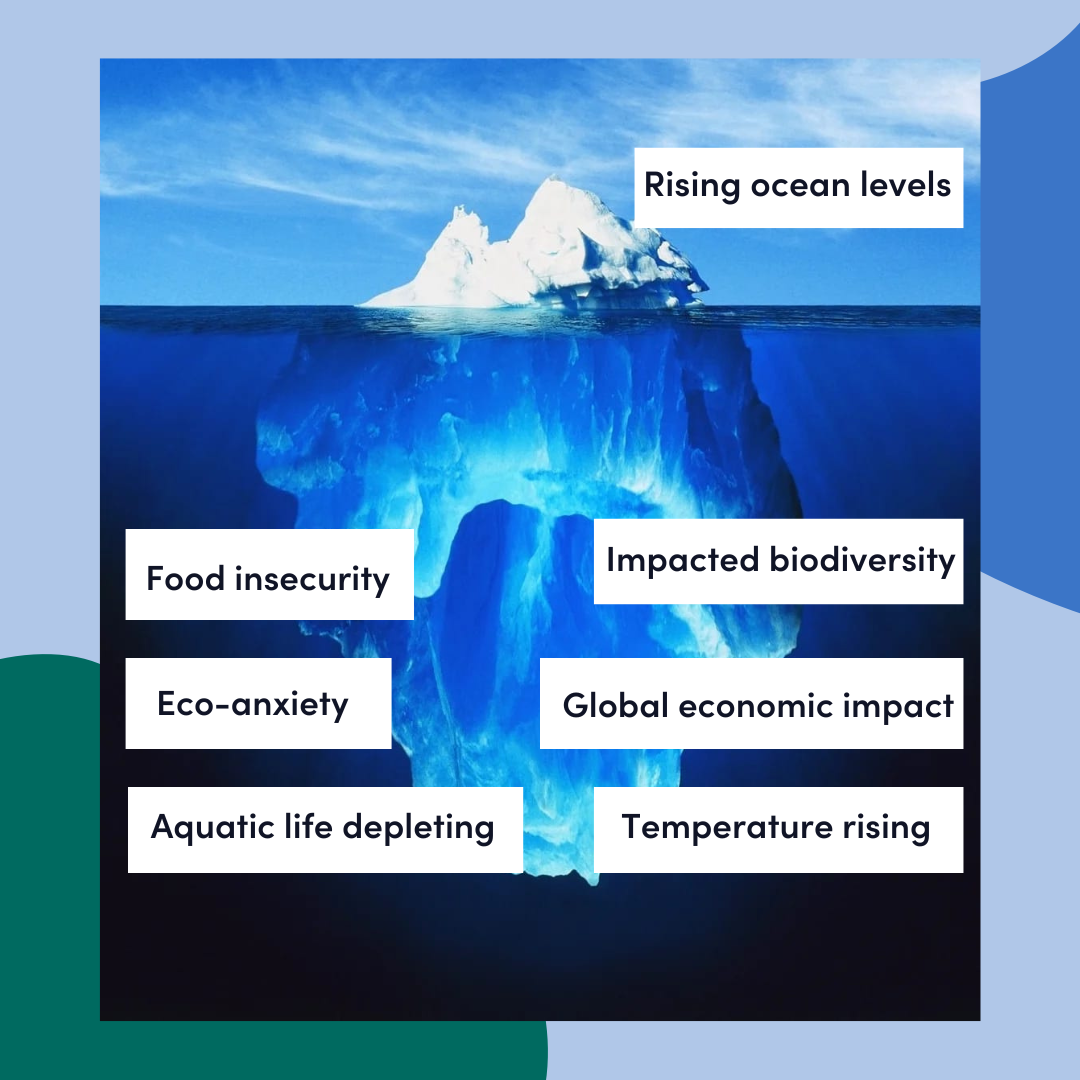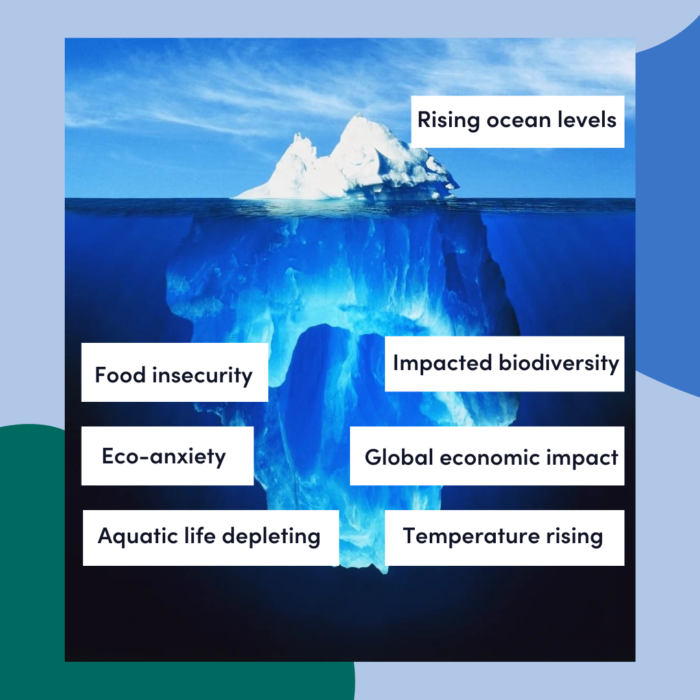After the heatwave we have just experienced in the UK, we could all use a dose of vitamin sea. Contrary to the title, National Marine Week occurs over a fortnight, from July 23rd to August 7th. It was organised to motivate people to better understand and care for the ocean. The holiday encourages us to appreciate and protect our oceans. During National Marine Week, people take time to focus on how vital the oceans are to humanity, given that they constitute the largest ecosystem on the planet. In addition to containing 97% of the planet’s water, they also make up 80% of the planet’s biodiversity, with more than 30,000 species.
However, the natural world is rapidly degrading. In March 2021, we all sat in our lockdown cocoons eagerly anticipating the next bingeworthy Netflix show. Enter Seaspiracy. You might be angry at the missed opportunity to call this film Conspirasea (just us?) or just upset about the injustices wrought against our oceans. In both cases, it’s safe to say it got people talking across all social media platforms.

After we watched this (and waited for our eco-anxiety to diminish), we realised that plastic is just the tip of the (currently melting) iceberg. The oceans are under threat as a result of global warming.

The main factor?
Us.
So we must do everything we can to assist in reversing the damage that has already been done to our oceans.
The bottom line is that if we end up losing the oceans, everything will quickly deteriorate. It has been estimated that about 80% of global marine fish populations have been overexploited or depleted, according to the Food and Agriculture Organization of the United Nations (FAO). Due to the threat posed by this, biodiversity is imperiled, with severe consequences to food security and the global economy.
According to a study published in Nature, the world’s frozen oceans are melting at a rate that is significantly quicker than previously predicted. The world’s glaciers are now the smallest they’ve ever been in mankind’s history, and their melting is responsible for one-third of the rising of the world’s sea level. A few examples of materials discarded in the ocean that are particularly detrimental to marine life include cigarette butts, fishing wires, and large amounts of plastic debris, none of which are biodegradable. Looking to lower your plastic footprint? Have a read of our blog post on how just small changes can make a difference.
So what can we all do to show our support?
Avoid disposable plastics
Commemorating National Marine Week by choosing reusable containers, such as coffee cups and water bottles, is an excellent place to start. If you’d rather not pollute the environment, go for reusable bags instead of plastic ones as they perform the same functions while posing no environmental harm.
Go out with family
Make a day of it and get the whole family out in nature and teach the younger children about the world around them. One easy way to get engaged is to go out to the sea and observe marine life. While you are there, pick up any litter you see because who doesn’t love a multitasker?
Support local conservation efforts
Support the holiday by attending any one of its numerous events. You may also donate your time to a charity like Marine Conservation Society which is dedicated to preserving the animals and plants in the ocean.
For now, just keep swimming by keeping the conversation flow going. How are you planning to show up this National Marine Week? Let us know!






